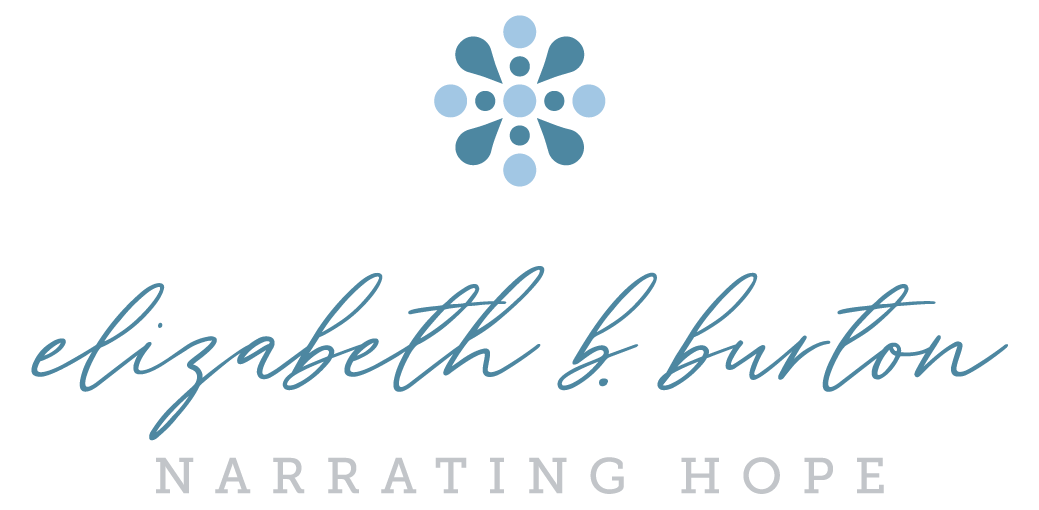Feeling Overwhelmed: How Simplifying May Support Feeling Better
One evening on the Carolina coast this past Summer it was almost dark, yet it seemed like there might be just enough time to take the kayak out. I asked my dad to go with me, and he enthusiastically agreed. We hopped in and were paddling the intracoastal creek and out to the ocean in no time, but then it was time to turn around. By this time darkness had descended, and we did not have a light. What was a short paddle one direction, felt like endless paddling against the tide. Every stroke seemed to get us nowhere and yet we were working so hard. Sometimes living in a state of overwhelm can feel like this–tirelessly paddling, in the dark, seeming to not be getting anywhere, worn out, exhausted, and ready for rest.
Do you ever feel overwhelmed? Or perhaps more like you live in a constant state of overwhelm? This may show up as feeling like you can hardly take a breath or like your head is barely above water. This may feel like you are treading water, but not getting anywhere.
If you can relate to this dynamic of feeling overwhelmed, acknowledging and naming how you feel is so important. Take it a step further and validate for yourself that being overwhelmed is normal at times. It’s also empowering to remember that you can make shifts to impact the dynamics. Moving in the direction of feeling less overwhelmed is a good thing even if some overwhelm remains (as we are human!). Celebrate any shifts that give you room to breathe, to exhale, to trust that you have the resources to navigate what you are dealing with, etc.
Simplifying Takes Different Forms
Time:
Oftentimes we feel overwhelmed by the crowded calendar, endless commitments, and activities. There is so little white space and margin in regards to time. Consider sitting down with your calendar and viewing it through the lens of what you want, what you need, and what you can let go of. Make sure that you consider yourself and your well-being in light of your commitments. Setting some boundaries with your time may help lighten the overwhelmed dynamic.
What would a little more margin look like for you?
What would a little more white space feel like for you?
What do you need in regards to your time to feel like you are thriving instead of mere survival?
Is there an invitation to set a boundary or several boundaries?
Stuff:
There is no doubt that our home and setting in which we live and work and spend our days affects how we feel. If you find yourself literally tripping over things in your home, unable to shut drawers and closets, not able to find what you need, then consider simplifying your stuff to improve your setting.
What would it look like to have more breathing room in your home or work setting?
What would it feel like for you to have less clutter surrounding you?
How would simplifying your physical space impact how you feel?
Thoughts:
Sometimes we get stuck in endless thought loops and become frozen by over-thinking and analyzing every decision from every angle. While being able to problem-solve is such a great skill to have, sometimes we need to simplify our thinking and the pressure to figure everything out at all times. This plays out in dynamics like decision fatigue, where even deciding what to eat for dinner and what to wear feels overwhelming. This also plays out in becoming weary mentally, unable to rest or even take a break. Ground yourself back in your values, shifting focus from one million things to what you value most; when you do this you can feel more anchored which helps you prioritize what really matters to you.
What might it feel like to simplify the complexity of your decisions? Think practically and consider less options instead of endless choices.
What might it feel like to delegate time for problem-solving and time for intentionally taking a break?
What might it feel like to get in your body more to help balance out so much thinking? Think physical movement and creative outlets!
What do you value most? How can focusing on this ground you and help you focus on what really matters to you?
Circling back to the kayaking story, it is noteworthy that the paddling continued steadily in the presence of each other. There was a real sense of not being alone in the journey. We kept paddling through the darkness until we came upon the light in the form of my husband holding up a flashlight, a beacon letting us know that we had made it home. Wherever you are in your journey, consider the significance of presence and connection. Do not be afraid to reach out for help, and continue to look for the light in the midst of what feels hard.
Elizabeth B. Burton is a licensed professional counselor and life coach with Burton Counseling, PLLC. Elizabeth lives just outside of Chattanooga, TN.; you can learn about Elizabeth here and about services provided here. Elizabeth also provides support to individuals and groups through an online course on Coping with Anxiety & Stress and through providing workshops and speaking opportunities. Elizabeth communicates about mental health and well-being through both the Narrating Hope newsletter and podcast as well as through her writing. Elizabeth would love to connect with you and welcomes you to sign up for the newsletter, listen in to the podcast, reach out about working together, and connect on social media.

